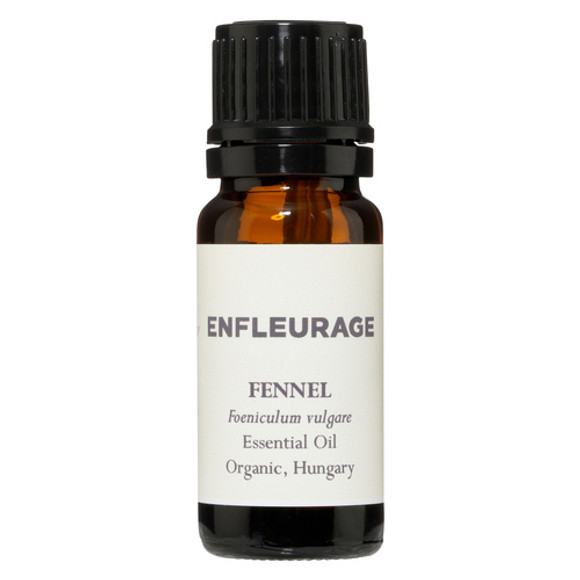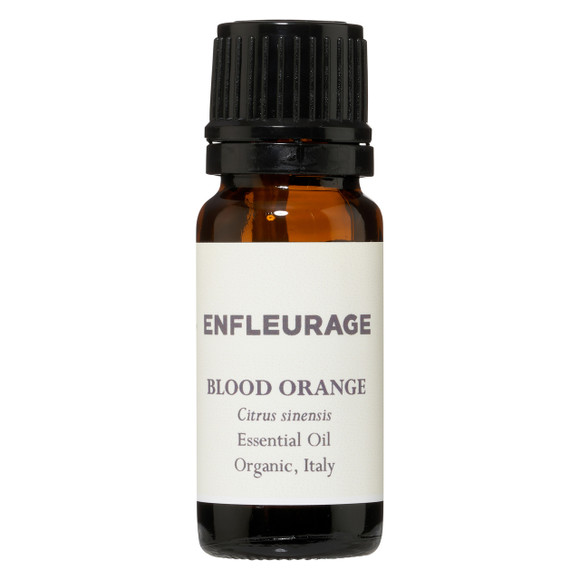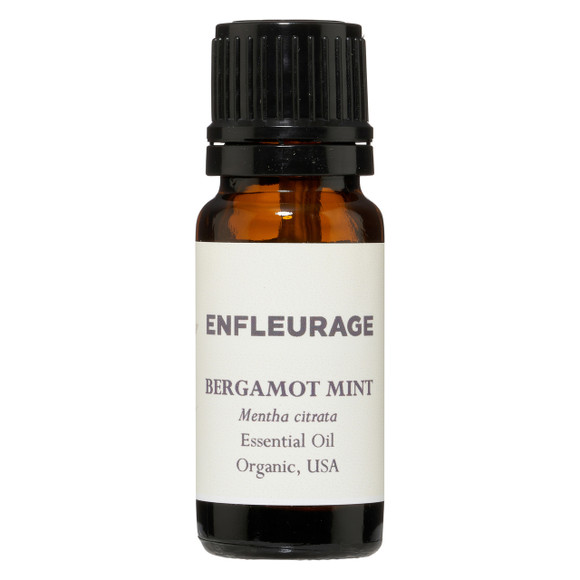Sweet Orange
Citrus aurantium Dulcis, Citrus sinensis
Rutaceae family
Organically grown and pressed in the USA
Sweet orange is known for its sunny, sweet and happy note
All citrus have some actions in common. With only a couple of exceptions, citrus oil is always pressed from the peel, not distilled. All citruses have an uplifting, happy feel.
According to Arctander, the pressed oil of sweet orange marks the apex of all citrus oils, although he gets fussy immediately considering sweet orange is expressed from the peel and not distilled and then talks himself out of it entirely when considering lemon so let’s just say that sweet orange is a very important, very useful, happy and lively essential oil, liked by nearly everyone, and very likely to elicit a happy response when smelled.
The origin of orange trees is most likely China, but they were transported to West Africa very early and then to Southern Europe in the 16th century and after that, to the Americas. In Arabic, the word for “orange” is burtogal, presumably after arriving in Arabic speaking lands, from Portugal. Arctander also postulates that oranges appeared in Polynesia even before the 16th century.
Accordingly, oranges have adapted to these varying climates, for heat, humidity and rain. They can be found in most warm-temperate, semi-tropical and even tropical zones. They are kept away by frost. According to Arctander, most places that grow oranges press the peels for oil, but mostly for domestic use in local sodas and the like. This may well be true to a certain extent today, but there are several main geographical productions and these oils can be found world wide. USA (California, Florida and Texas), Brazil, Italy, Cyprus, Israel, West Indies and more. Arctander also discusses in some length about the varying oils from Guinea (which I don’t believe is a major exporter at this point) and he says there is a high content of oxygenated compounds in the Guinea oil which is probably because the fruit is greener—which is something you see in tropical citrus in general). He goes on to say that there are two types of this greener sweet orange and that the one more suitable for perfumery is fresher, lighter, more volatile, whereas the one used more for flavor is heavier, rich, sweet as well as fresh and powerful. This makes sense.
Orange
orange on a tree
sweetly tempts a honey bee. . . .
he leaves her hanging
by Andrea Dietrich
Arctander says
Expressed sweet orange oil is a pale, orange-yellow to dark orange or olive-orange, occasionally brownish orange colored liquid which has a sweet, light and fresh, fruity-aldehydic odor and flavor, distinctly reminiscent of the odor from a scratched sweet orange peel.
Expressed sweet orange oil is used primarily in flavors, often in the shape of a concentrated oil, terpeneless or sesquiterpeneless oil. A certain amount of natural, non-concentrated orange oil is a must to make orange flavoring true to nature.
In perfumery, the use of expressed sweet orange is relatively minor. It’s used in eau-de-colognes, fougères, chypres, aldehydic bases, fruity bases etc.
Aromatherapy practice uses sweet orange for many applications.
Battaglia says
Sweet Orange is commonly used for the following actions:
Antidepressant
Antiseptic
Anti-spasmodic
Carminative
Cholagogue
Digestive
Lymphatic stimulant
Sedative
Stomachic
The most well known aromatherapy applications are as a mood lifter, and for digestive help. Also widely known as a lymphatic stimulant, and in skin care for acne or oily skin.
To read more of Battalgia’s considerable information and advice concerning sweet orange, see The Complete Guide to Aromatherapy.
Safety Warning
As with most essential oils, dilute before using on skin. Perform a patch test before use if essential oil sensitivity is suspected. Do not take essential oils internally. Do not use on children or pets. Seek advice from a trained aromatherapist before using on people with compromised immune systems. Keep away from eyes and mucus membranes.
Enfleurage makes no medical claims relating to any products, essential oils or otherwise, on our website or through social media. We are an essential oil company, not doctors, The FDA has not evaluated the statements on this website. We present our information in order to educate our customers on traditional and general uses of essential oils; in no way do we diagnose, cure, treat, or prevent any disease or condition.
You the customer are responsible for understanding the safe use of any and all of our products, including essential oils, and use them accordingly.
2.12.0.0
2.12.0.0
















